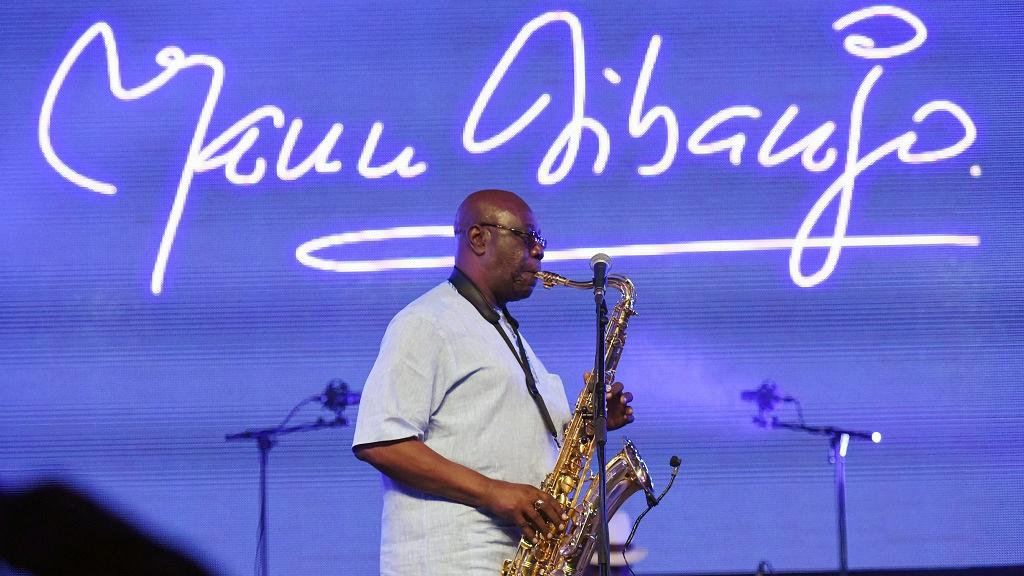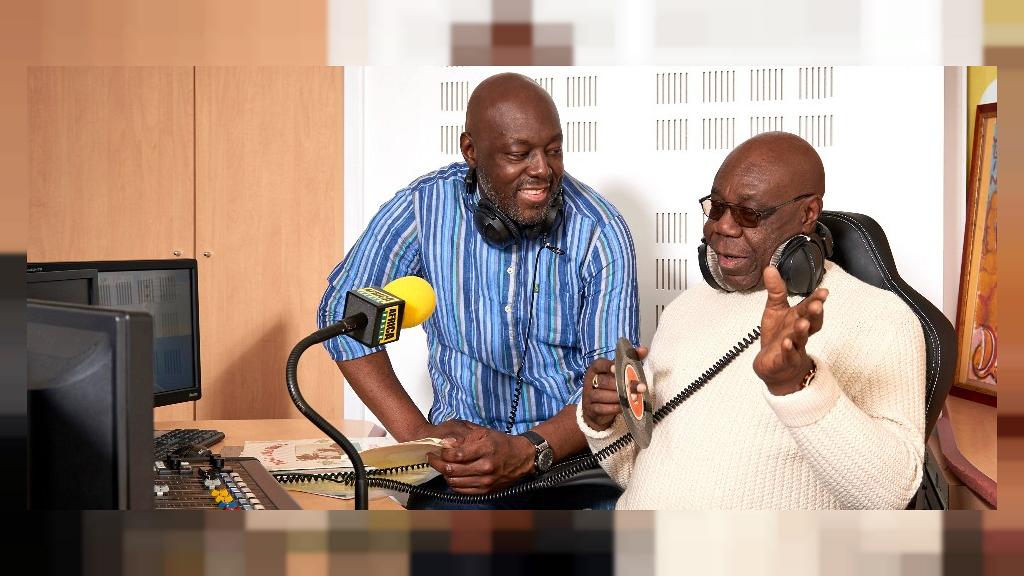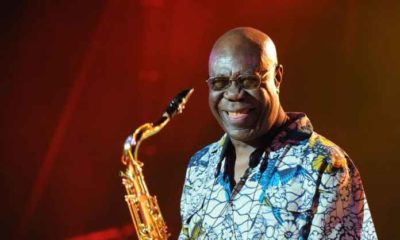Lifestyle
5 Things To Know About Manu Dibango, Mr Soul Makossa

Cameroonian saxophonist and composer Manu Dibango died of the new coronavirus at the age of 86. We look back on his career in five points.
1. A career as rich as it is varied
Journalist, anthropologist, philosopher, musician Manu Dibango had all these caps. What would Word music have been without Manu Dibango? Do we want to wonder? A well-known and recognized personality in the cultural landscape, guided by his eclecticism, his musical nomadism and his inspirations, he remains one of the most outstanding personalities of the past 60 years, father of world music and first gold record by an African artist in the United States with “Soul Makossa”.
In the 60s, he officiated within the African Jazz one of the first professional groups of the former Belgian Congo, currently the Democratic Republic of Congo founded by Joseph Kabasele Tshamala, known as the Grand Kalle. The group is known for producing Independence Cha Cha, the first continental hit in the history of French-speaking African music. With regular production, Manu Dibango has produced no less than 44 albums in six decades.
2. Several awards for his work
He who is considered by many to be the precursor of “modern” African music received in March 1986 the Medal of Arts and Letters by the French Minister of Culture, Jack Lang. This distinction makes a flattering contribution to the edifice of his career.
In 1993, he was awarded the Victoire for the best instrumental variety music album of 1992 (France) for the second volume of “Négropolitaines”.
In May 2004, Manu Dibango was named Unesco Artist for Peace. Honoured in February 2017 with a Lifetime Award for his entire career, which was awarded to him at the Afrima (All Africa Music Awards) ceremony organized in Nigeria, Manu Dibango participated shortly after at the Cape Town International Jazz Festival in Africa. South where he collaborates with the Mozambican saxophonist Moreira Chonguica.
3. 1972: “Soul Makossa”, the cult song
On the occasion of the eighth Africa Cup of Nations which takes place in Yaoundé in Cameroon in 1972, Manu Dibango composes an anthem whose B side of the 45 rpm is none other than the biggest African tube of all time, “Soul Makossa”.
At first, nobody seems to appreciate this piece in Yaoundé as in Paris. Some Americans visiting the album’s producer board the album “O boso” and manage to broadcast it on the radios. It is even classified in certain American charts.
The title will then be a success and will later be plagiarized by Michael Jackson. A month-long tour will follow in the country of Uncle Sam, including ten days of representation at the famous Appollo in Harlem. In 1973, the notoriety of the musician grew and his success was enormous. Black Americans see this as an expression of their original land. 1973 was also the year of passage to the Olympia, the legendary famous Parisian performance hall.
4. Also a media man
In the 1970s the great Manu, as he is called, was the founder, in the late 1970s, of the first magazine dedicated to African music, “Afro-Music”.

Every Sunday, for 20 years, he has hosted “La Maraboutique” on radio Africa radio. Co-animated with Robert Brazza, we do there for two hours, a kind of epic of 50 years of African music, artists from the past and present. The last broadcast dated March 15 and made a nostalgic return on the career of the Cameroonian singer Dina Bell.
5. The legacy of Manu Dibango
This talented artist undoubtedly leaves a legacy. The author of “Soul Makossa” or even signed some of the most beautiful songs of African music including “WakafriKa” in 1992, “Négropolitaines” whose second volume earned him a Victoire de la musique, “Lamastabastani” in 1996 and “Kamer feeling” in 2001.
Manu Dibango also paved the way for African musicians. Led by a passion that has never left him, he showed that through conviction, hard work and faith, you could make your way in a world that you thought was inaccessible. He helped to unpack the Africans so that they had their place in the concert of nations. We will not also forget his legendary saxophone sample.


